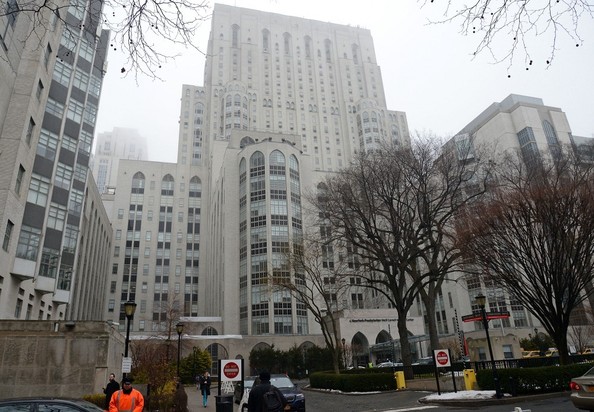My recommendation: If you’re planning on major surgery, you will probably need SNF care. Try to have your surgery in a large hospital. Here is a short list of the largest hospitals in the United States.
Why am I saying this? The reason is not common knowledge, and I’ll have to unpack a few topics before tying it all together. So please be patient. It all starts with skilled nursing facilities, as known as SNFs. After surgery, many patients need monitoring in a clinical setting for up to a week or longer. Hospitals prefer not to hold patients any longer than necessary, so the patient is discharged to a SNF to continue the recovery process.
So the question becomes, which SNF do I go to? In the United States, a SNF is rated on a 5 star scale. A “5” represents the highest quality of care and a “1” represents the lowest quality of care. Medicare calculates SNF star ratings based on 3 domains: health inspections, staffing and quality measures. And these ratings matter – a successful surgery depends on the surgeon’s experience AND the quality of your post-acute care. If you’re skeptical about the importance of SNF star ratings, check out this large retrospective analysis of Medicare claims.
Aside from SNF star ratings, you should be mindful of care coordination between your surgeon, your primary care doctor, other specialists you’re seeing, and the SNF. Hospitals often have a preferred SNF network to help maintain care coordination. This means the hospital and its partner SNFs have established communication and care delivery protocols. Population health managers design these protocols to improve patients’ health outcomes. This study demonstrates the benefits of care coordination between hospitals and partner SNFs.
And here is where it all comes together. Hospital administrators are trying to build SNF networks comprised of high quality SNFs; think 4 and 5 stars. These hospitals are judged on their patients’ health outcomes, which are reflected in national quality scores and popular rankings such as the US News and World Report. And SNFs want to partner with large hospitals to access a high volume of patients, which translates into greater revenue for a SNF. Essentially, the largest hospitals in the United States and high-quality SNFs are building networks with each other.
To circle back the key message of this post: by having your surgery in a large hospital, you are more likely to get discharged to a high-quality SNF, and have better post-surgery health outcomes.
Don’t forget about COVID-19. We all need to be very careful about entering clinical sites like hospitals and SNFs. That doesn’t mean you should avoid or delay a major surgery. However, definitely ask questions about recent COVID-19 infections at your preferred site of care.
And if you have Medicare FFS (not Medicare Advantage) you can pretty much go anywhere in the United States to get your care. This is a unique benefit of Medicare FFS and a chief reason why I recommend Medicare FFS over Medicare Advantage Plans. Consider the possibility of traveling to an area with relatively few COVID cases for your hospital stay and SNF care.
Stay safe!
~ James





